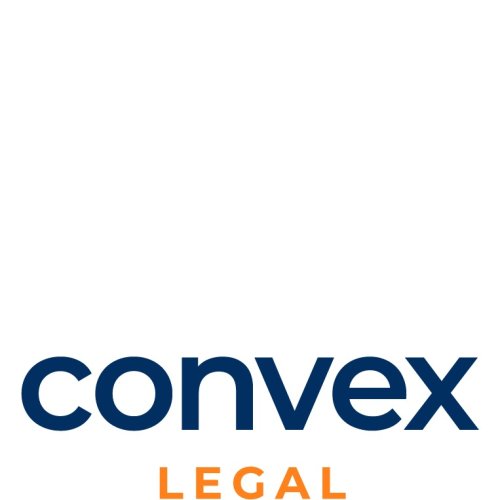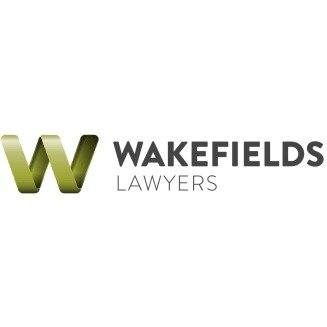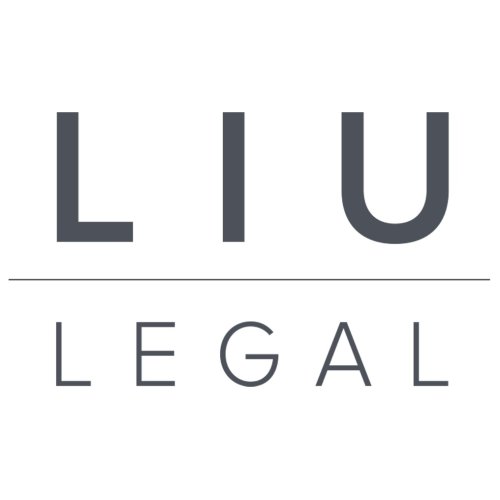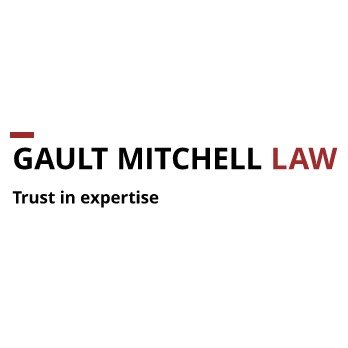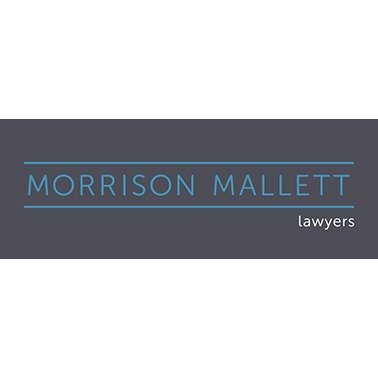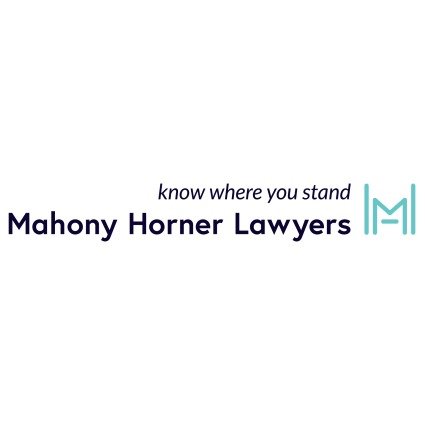Best Public-Private Partnerships (PPP) Lawyers in Wellington
Share your needs with us, get contacted by law firms.
Free. Takes 2 min.
List of the best lawyers in Wellington, New Zealand
About Public-Private Partnerships (PPP) Law in Wellington, New Zealand
Public-Private Partnerships, commonly referred to as PPPs, are collaborative arrangements between government entities and private sector organizations. In Wellington, New Zealand, PPPs are frequently used to deliver major infrastructure projects, such as schools, hospitals, transport facilities, and more. The goal of these partnerships is to leverage private sector expertise, innovation, and funding to deliver public services and infrastructure more efficiently and effectively. PPPs in Wellington operate under New Zealand’s broader legislative and regulatory framework, which is designed to ensure transparency, value for money, and accountability in these complex projects.
Why You May Need a Lawyer
PPP projects typically involve intricate contractual relationships, significant financial investments, and complex risk allocations. You may require legal assistance if you are:
- Considering entering into a PPP agreement as a government or private sector participant
- Involved in the procurement, tendering, or bidding process for a PPP project
- Needing advice on negotiating contract terms, risk allocation, or performance standards
- Facing disputes or misunderstandings related to PPP agreements
- Ensuring compliance with legal, environmental, or regulatory requirements
- Seeking guidance on project financing or asset management within the PPP structure
Legal advice is also vital for protecting your interests, ensuring regulatory compliance, and navigating governmental approval processes.
Local Laws Overview
In Wellington, PPPs are governed by both national and local laws. Key aspects include:
- Legislative Framework: PPPs must comply with laws such as the Public Finance Act 1989, the Local Government Act 2002, and the Resource Management Act 1991. These acts regulate government financial activities, project planning, environmental impacts, and local authority functions.
- Procurement Rules: The Government Procurement Rules set out principles for fair and transparent tendering and awarding of PPP contracts. These rules are overseen by the Ministry of Business, Innovation and Employment (MBIE).
- Contractual Standards: Most PPP contracts in Wellington follow standard templates to ensure clarity and fairness regarding responsibilities, risk management, payments, and dispute resolution.
- Oversight and Accountability: PPP projects often require oversight by central government departments, local councils, and independent regulators to ensure the public interest is protected.
- Environmental and Planning Approvals: Projects require adherence to environmental, safety, and planning regulations, with necessary approvals from local councils and environmental agencies.
Frequently Asked Questions
What is a Public-Private Partnership (PPP)?
A PPP is a long-term contract between a public sector authority and a private party, under which the private party provides public assets or services and assumes significant financial, technical, and operational risk.
What types of projects use PPPs in Wellington?
PPPs are typically used for large infrastructure projects such as transport networks, hospitals, schools, prisons, and water treatment facilities.
Who leads PPP projects in Wellington?
PPP projects may be led by central government agencies, such as the Treasury or specific ministries, or by local authorities within the Wellington region.
How are PPP contracts awarded?
Contracts are awarded through a competitive procurement process, generally involving expressions of interest, requests for proposals, detailed evaluation, and public consultation.
What are the main benefits of PPPs?
Key benefits include access to private sector experience and capital, innovative solutions, improved project delivery timelines, and potential long-term cost savings.
What risks are associated with PPPs?
Risks can include project delays, cost overruns, quality issues, regulatory changes, and challenges in managing long-term contractual obligations.
Who is responsible for managing PPP contracts?
Project management responsibilities are usually shared between sponsoring government agencies and private consortiums, with ongoing oversight by regulators and auditors.
How can disputes in PPP projects be resolved?
Disputes are generally resolved through mechanisms set out in the contract, which may include negotiation, mediation, arbitration, or litigation.
Are there specific environmental or planning requirements for PPP projects?
Yes, all PPP projects must comply with the Resource Management Act 1991 and secure necessary consents from the Wellington City Council or other relevant authorities.
Why is legal advice important for PPP participants?
Legal advice ensures that all parties understand and comply with laws, protect their rights, and effectively negotiate complex contractual terms.
Additional Resources
If you need more information or support regarding PPPs in Wellington, consider contacting or consulting the following:
- The New Zealand Treasury - Infrastructure Transactions Unit
- Ministry of Business, Innovation and Employment (MBIE)
- Local Wellington City Council PPP guidance and planning departments
- The New Zealand Law Society for legal practitioner recommendations
- Infrastructure New Zealand - Industry insights and reports
- Environmental Protection Authority for project consenting information
Next Steps
If you require legal assistance with a PPP in Wellington:
- Identify lawyers or law firms with expertise in PPP projects and public infrastructure law
- Collect relevant project documents and correspondence to help your lawyer quickly understand your situation
- Request an initial consultation to discuss your objectives and potential legal risks
- Work with your lawyer to review contracts, compliance issues, and negotiation strategies
- Stay updated on changes in legislation and best practices for effective PPP participation
Early legal guidance can help prevent costly mistakes, ensure regulatory compliance, and protect your interests throughout the lifecycle of your PPP project.
Lawzana helps you find the best lawyers and law firms in Wellington through a curated and pre-screened list of qualified legal professionals. Our platform offers rankings and detailed profiles of attorneys and law firms, allowing you to compare based on practice areas, including Public-Private Partnerships (PPP), experience, and client feedback.
Each profile includes a description of the firm's areas of practice, client reviews, team members and partners, year of establishment, spoken languages, office locations, contact information, social media presence, and any published articles or resources. Most firms on our platform speak English and are experienced in both local and international legal matters.
Get a quote from top-rated law firms in Wellington, New Zealand — quickly, securely, and without unnecessary hassle.
Disclaimer:
The information provided on this page is for general informational purposes only and does not constitute legal advice. While we strive to ensure the accuracy and relevance of the content, legal information may change over time, and interpretations of the law can vary. You should always consult with a qualified legal professional for advice specific to your situation.
We disclaim all liability for actions taken or not taken based on the content of this page. If you believe any information is incorrect or outdated, please contact us, and we will review and update it where appropriate.





